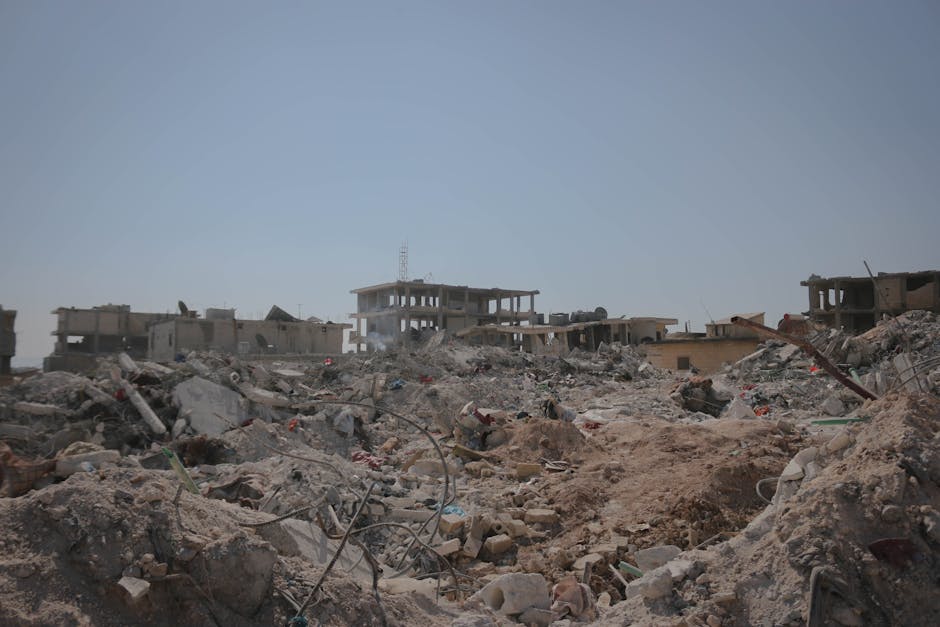Impact of the Israel-Iran Conflict on E-Commerce: Navigating Through Trade Disruptions

Impact of the Israel-Iran Conflict on E-Commerce: Navigating Through Trade Disruptions
The recent escalation between Israel and Iran has significantly disrupted global trade routes, impacted oil prices, and shaken the stability of global e-commerce, particularly hitting sectors and regions like Australia, Vietnam, and Malaysia. As businesses grapple with these changes, understanding the shifting landscape and strategizing accordingly is paramount. This article explores key trends and offers actionable advice for survival and growth during these turbulent times.
Key Trends and Strategies
Geopolitical Impact on Trade Routes
The hostile engagements have led to increased security threats, airspace closures, and disruptions in critical marine passages like the Strait of Hormuz, which are essential for global oil movement and international shipping.
Challenges Across Business Scales and Regions
From SMEs in Malaysia grappling with rising shipping costs to Australian MNCs facing complex, disrupted supply chains, the varied impact necessitates diversified strategic responses tailored to business size and geographic specifics.
Strategic Opportunities Amidst Instability
While challenges abound, opportunities such as local sourcing, regional collaborations, and digital transformation present pathways to resilience and growth during these uncertain times.
State and Recommendations
- SMEs: Particularly vulnerable to sudden cost hikes and logistic disturbances. Recommended actions include:
- Securing flexible shipping contracts
- Enhancing digital presence and customer communication regarding delays
- Medium Enterprises: Face risks of inventory imbalances and need to manage increased capital needs effectively.
- Investing in supply chain visibility and predictive analytics
- Exploring regional supply chain alternatives
- MNCs/Large Corporations: While more insulated, they must preemptively manage complex, global risks.
- Deepening supply chain diversification
- Engaging in governmental and logistical diplomacy to secure trade lanes
Comparison of Strategies Across Company Sizes and Regions
| Traditional Firms | Middling Firms | Disruptors/Startups | |
|---|---|---|---|
| Automation | Moderate implementation relying on established systems | Explorative enhancements in automation | High adoption of cutting-edge automation technologies |
| Advisory | Conventional methods and partner networks | Dynamic advisory based on evolving market data | Agile, data-driven insights and real-time advisories |
| Security | Standard security protocols | Increased investment in cybersecurity | State-of-the-art security measures |
“Navigating this crisis will require not just adaptability and foresight but a proactive reimagining of global supply chain strategies.”
Conclusion
The disruption caused by the Israel-Iran conflict underscores the need for agility, strategic foresight, and robustness in global trade practices. Firms across the world, and particularly in impacted regions like Australia, Vietnam, and Malaysia, must consider not merely survival but how to turn these challenges into stepping stones for future-proofing their operations. As geopolitical tensions continue to influence global markets, the ability to swiftly adapt and innovate will distinguish the market leaders of tomorrow.
